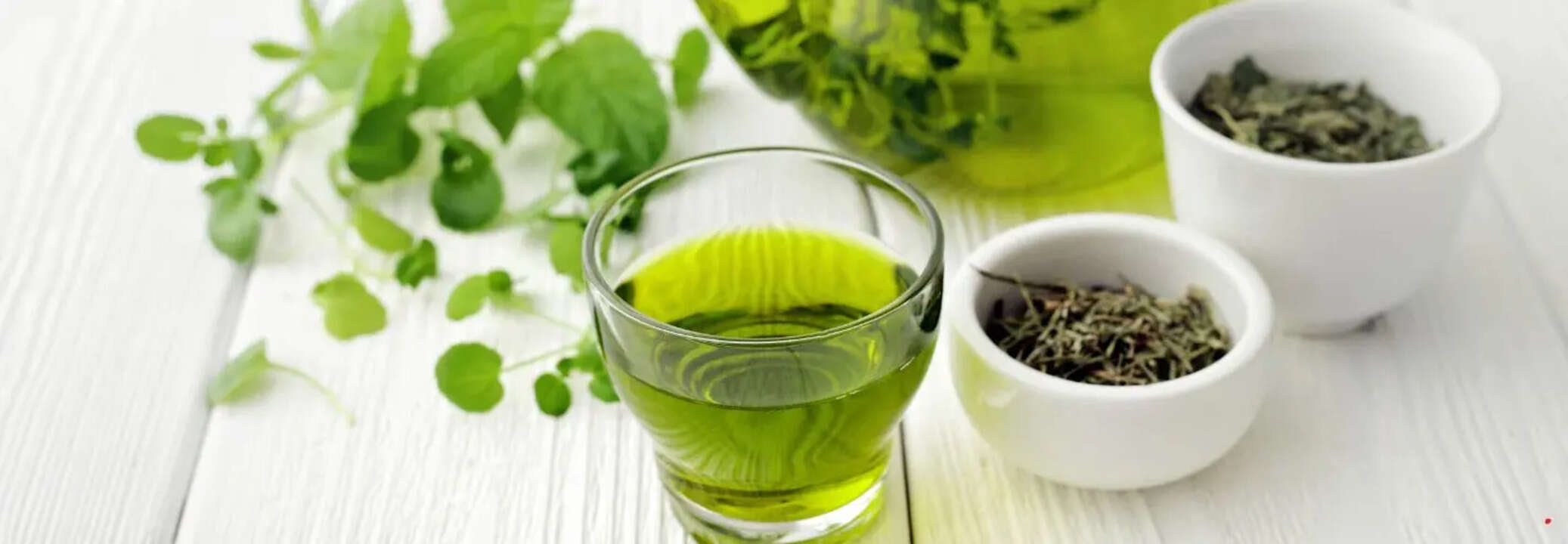How Much Green Tea Is Too Much?

Green Tea (Credit: Canva)
SummaryLike any other food item, green tea also yields optimum benefits when it is consumed in moderation. So, how much green tea is too much green tea?
End of Article

Green Tea (Credit: Canva)